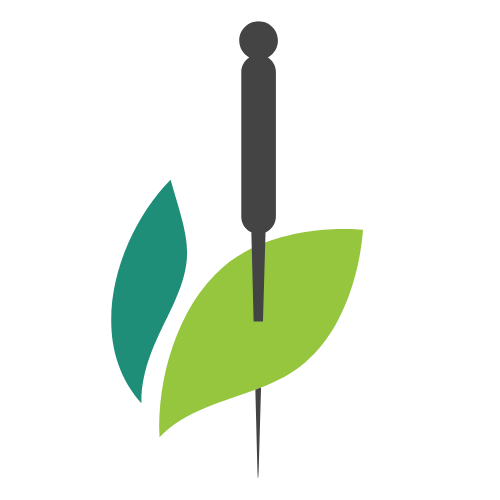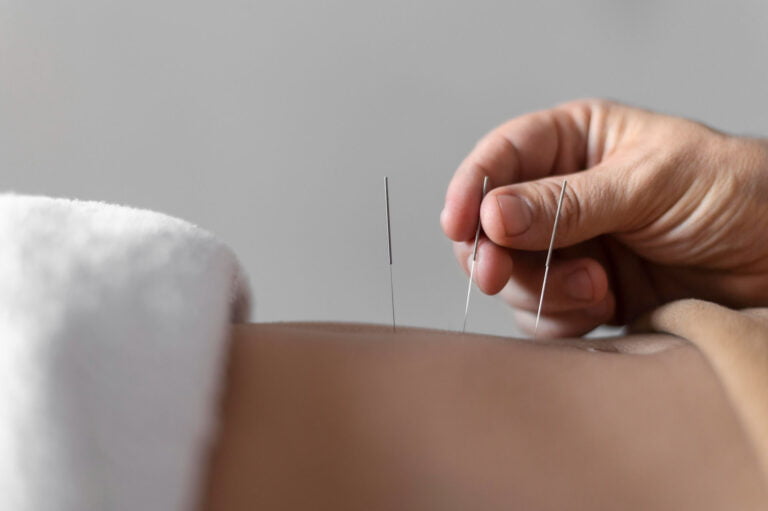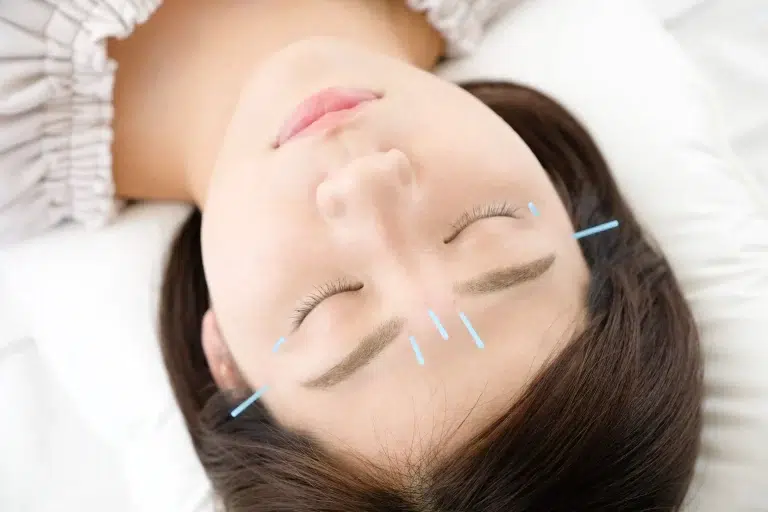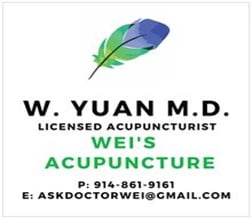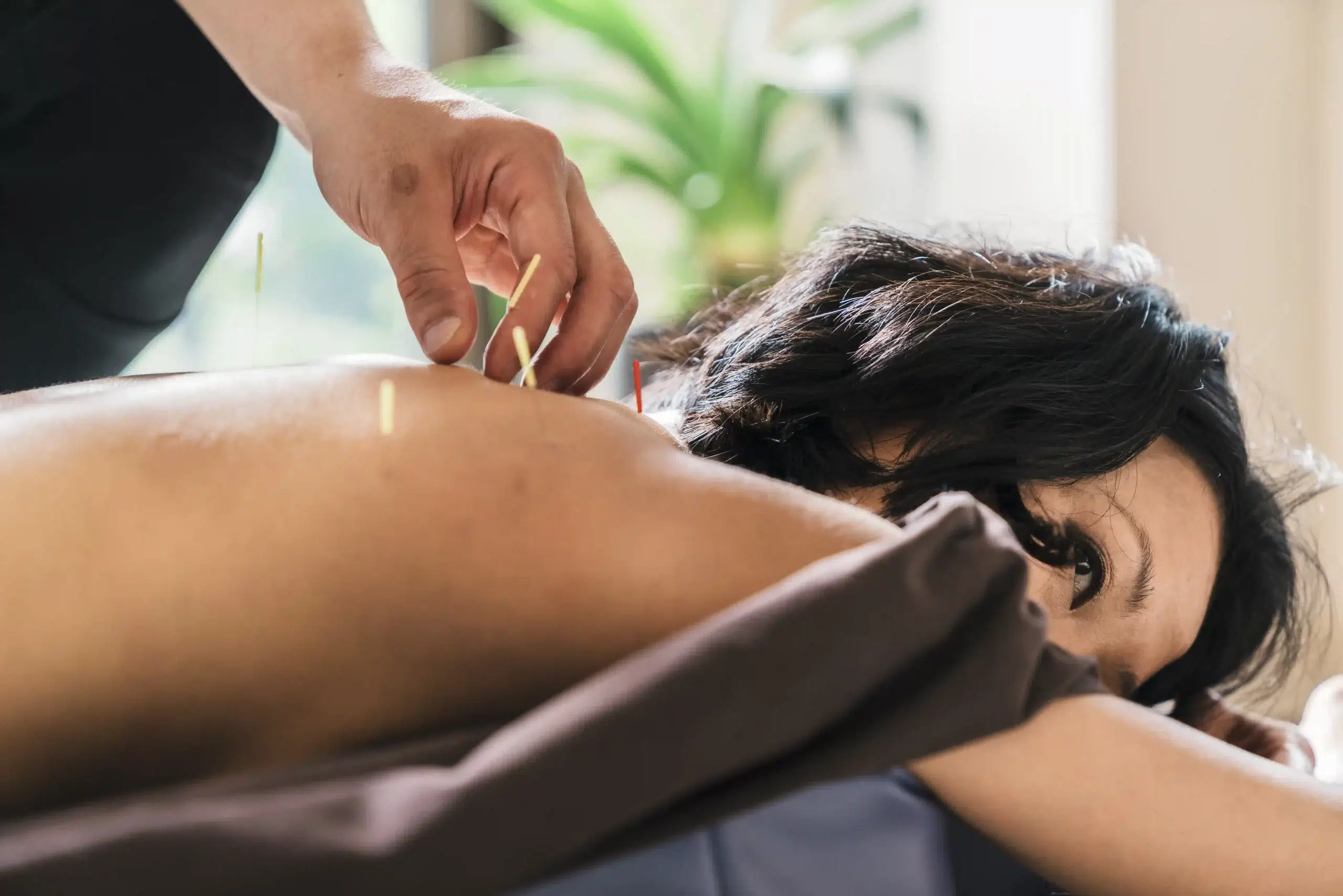
Acupuncture emerges as a promising solution for those seeking natural relief from the discomfort and symptoms of hay fever, especially during the spring season. With the prevalence of seasonal allergies on the rise, impacting millions worldwide, the effectiveness of acupuncture in treating allergies like hay fever is gaining recognition. This article explores the therapeutic benefits of acupuncture in alleviating symptoms and enhancing overall well-being for individuals experiencing seasonal allergies, offering valuable insights into how this ancient practice can serve as a natural remedy for hay fever.
Key Takeaways:
- Acupuncture Effectiveness: Recent studies have shown that acupuncture can effectively treat seasonal allergies by improving the body’s tolerance to allergens, reducing inflammation, and modulating the immune response.
- Clinical Evidence: High-quality randomized controlled trials have demonstrated the efficacy of acupuncture in both seasonal and perennial allergic rhinitis, showing significant reductions in allergy symptoms and the need for antihistamine medications.
- Customized Treatment Approach: Acupuncture offers a personalized treatment plan based on individual needs, with sessions tailored to address specific symptoms and optimize therapeutic outcomes for individuals suffering from spring allergies.
Understanding Acupuncture
History and Principles of Acupuncture
One of the oldest healing practices, acupuncture originated in China over 2,500 years ago. It is based on the principle that energy, known as Qi, flows through the body along meridians, and when this flow is disrupted, health issues arise. By inserting thin needles into specific points along these meridians, acupuncturists aim to restore the balance of Qi, promoting overall well-being.
Acupuncture’s Role in Modern Medicine
An integral part of traditional Chinese medicine, acupuncture has gained recognition in modern healthcare for its effectiveness in treating various conditions, including seasonal allergies like hay fever. Studies show that acupuncture can modulate the immune system, reduce inflammation, and improve symptoms associated with allergies. It serves as a natural and non-invasive alternative to conventional treatments, offering a personalized approach to health and wellness.
It continues to evolve as a complementary therapy in modern medical settings, with research supporting its efficacy in alleviating symptoms of conditions like asthma, allergic rhinitis, and eczema. As more individuals seek natural remedies for allergies, acupuncture stands out as a promising option for those looking to address hay fever and other seasonal allergy symptoms.
Acupuncture for Hay Fever Relief
How Acupuncture Addresses Allergy Symptoms
An alternative to conventional treatments, acupuncture offers a natural solution for hay fever relief. By strategically placing needles at specific points on the body, acupuncture aims to alleviate symptoms such as sneezing, nasal congestion, and itchy eyes commonly associated with seasonal allergies. This ancient practice focuses on restoring balance within the body, reducing inflammation, and enhancing overall well-being.
The Immune System and Acupuncture
On a deeper level, acupuncture impacts the immune system to help combat hay fever symptoms. Studies have shown that acupuncture can modulate immune responses, reducing reactivity to allergens and promoting a more balanced immune function. By stimulating the production of anti-inflammatory neurotransmitters and hormones, acupuncture works to alleviate allergic reactions and improve overall immune health.
Because acupuncture can control both mucosal and cellular immunity, allergy-related markers like immunoglobulin levels and eosinophil counts can go down by a large amount. This comprehensive approach to addressing hay fever not only targets symptoms but also strengthens the body’s ability to defend against allergens effectively.
Clinical Evidence Supporting Acupuncture for Hay Fever
Keep up-to-date with the latest research on how acupuncture is providing relief for hay fever symptoms by exploring the article Acupuncture Relieves Hay Fever Symptoms.
Research Findings on Acupuncture’s Effectiveness
Findings from recent studies have shown promising results regarding the effectiveness of acupuncture in alleviating hay fever symptoms. Research indicates that acupuncture can help modulate the immune response, reducing reactivity to allergens and improving tolerance to environmental triggers such as pollen. With over 300 million individuals worldwide affected by asthma and allergic rhinitis, exploring acupuncture as a natural remedy for hay fever is gaining traction.
Analysis of Improved Patient Outcomes
One of the key aspects of acupuncture’s role in improving patient outcomes is its ability to reduce reliance on traditional medications such as antihistamines for managing hay fever symptoms. Clinical studies have shown that integrating acupuncture into treatment plans can lead to a significant reduction in allergy symptoms, enhancing the overall quality of life for individuals suffering from seasonal allergies. As more individuals seek natural and non-invasive solutions for their health concerns, acupuncture stands out as a promising option for managing hay fever effectively.
Practical Considerations and Treatment Plan
Finding a Qualified Acupuncturist
To ensure the safe and effective implementation of acupuncture for hay fever relief, it is crucial to seek out a qualified acupuncturist with expertise in treating seasonal allergies. In a world where allergies affect millions worldwide, selecting a practitioner with a deep understanding of the immune system’s response to allergens is paramount. Look for acupuncturists who have a proven track record in addressing allergic rhinitis and other related conditions, such as asthma. Consultation with experienced professionals can provide invaluable insights for personalized treatment plans tailored to your specific symptoms and needs.
Preparing for Acupuncture Treatment
Considerations for preparing for acupuncture treatment for hay fever relief include scheduling regular sessions to build up the body’s immunity to allergens ahead of the spring allergy season. Acupuncture can modulate the immune response and reduce inflammation, making it crucial to engage in consistent treatment to achieve optimal results. Discuss any existing allergies or health conditions with your acupuncturist to tailor the treatment plan to suit your individual needs. Additionally, staying hydrated, maintaining a healthy diet, and getting sufficient rest can complement the effects of acupuncture in alleviating hay fever symptoms.
Conclusion
With this in mind, it is evident that acupuncture is a promising natural remedy for those suffering from hay fever and seasonal allergies. From reducing symptoms to improving overall quality of life, acupuncture has shown significant efficacy in clinical studies. By modulating the immune system, enhancing anti-inflammatory effects, and customizing treatment plans to individual needs, acupuncture offers a tailored approach to managing allergies effectively. With a proactive and consistent treatment plan, individuals can experience relief from spring allergies and better enjoy each season. Consider exploring the transformative potential of acupuncture in addressing your hay fever symptoms and consult with a qualified acupuncturist to optimize your treatment plan. We can help you. Contact us or visit our page.
FAQ
Q: How can acupuncture help with hay fever?
A: Acupuncture can help with hay fever by improving the body’s tolerance to allergens and reducing inflammation, thereby alleviating common symptoms like sneezing, nasal congestion, and itchy eyes.
Q: What are the benefits of using acupuncture as a natural remedy for hay fever?
A: Acupuncture offers a non-invasive and holistic approach to treating hay fever, focusing on modulating the immune response and promoting overall well-being without the side effects of traditional medications.
Q: How common are seasonal allergies like hay fever, and how many people are affected globally?
A: Seasonal allergies, including hay fever, are prevalent worldwide, affecting over 300 million individuals globally, with as many as 20% of the population in countries like Switzerland experiencing pollen-induced allergic rhinitis.
Q: Is acupuncture a safe treatment for hay fever?
A: Yes, acupuncture is generally considered safe when performed by qualified practitioners. It has minimal side effects and can be an effective and natural option for managing hay fever symptoms.
Q: How many acupuncture sessions are recommended for hay fever relief, and what timeline should be followed?
A typical acupuncture treatment plan for hay fever consists of an initial cycle of 10 sessions conducted weekly, followed by a transition to 2 sessions per month and maintenance with 1 session per month. Results may vary, with some individuals experiencing improvements after just a few sessions.
